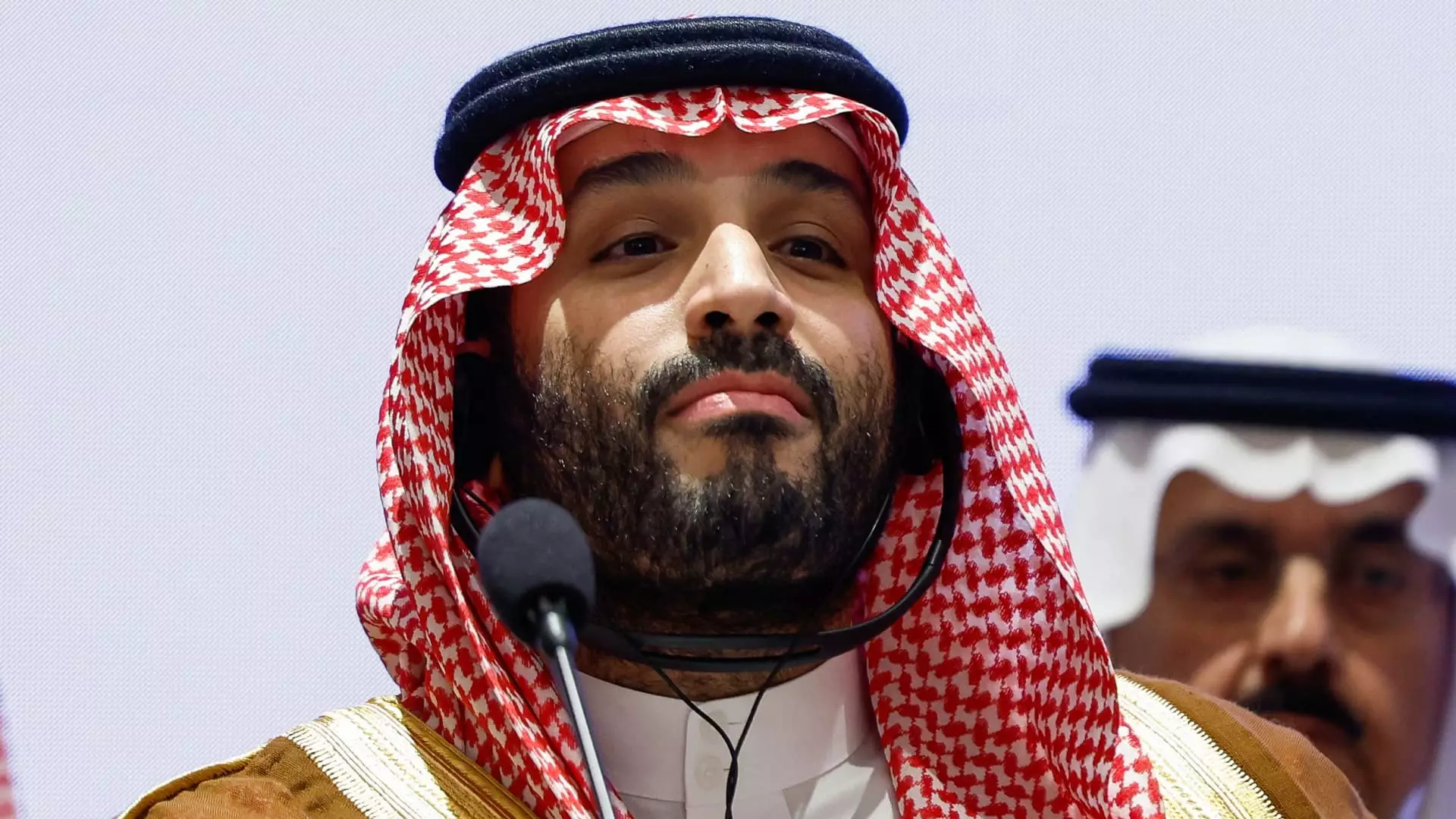Saudi Crown Prince Mohammed bin Salman has openly embraced the concept of “sportswashing” as a means to rehabilitate Saudi Arabia’s image on the international stage. Despite facing ongoing criticism for human rights abuses and the killing of journalist Jamal Khashoggi, the crown prince sees sports investments as an opportunity to boost the country’s reputation and increase its GDP. In a recent interview with Fox News, he boldly stated, “Well, if sportswashing is going to increase my GDP by way of 1%, I will continue doing sportswashing.”
The Rise of Sportswashing
Sportswashing, a term coined by critics, refers to the practice of using sports investments to gain political influence and gloss over a tarnished reputation. Saudi Arabia’s government has employed this strategy by ramping up its spending and influence in major international sports such as golf and soccer. The kingdom has taken stakes in Saudi soccer clubs, recruited top players from Europe with lucrative deals, and even lured golfers away from the PGA Tour to its rival LIV Golf. The aim is to reshape public opinion and divert attention from the country’s human rights record.
While the Saudi Public Investment Fund (PIF), controlled by Crown Prince Mohammed, has backed these sports investments, concerns have been raised about the motive behind them. Critics argue that Saudi Arabia is using these ventures to distract from its involvement in the 9/11 attacks and other terrorist activities. With ties to the hijackers and the birthplace of Osama bin Laden, the kingdom’s attempts to rebrand itself through sportswashing have faced widespread scrutiny.
One of the most contentious moves in Saudi Arabia’s sportswashing strategy is the proposed merger between LIV Golf and the PGA Tour. Lawmakers, including Senate Homeland Security and Governmental Affairs Investigations Subcommittee chair Sen. Richard Blumenthal, have raised concerns about the potential threat to national security and the attempt to divert attention away from Saudi Arabia’s human rights abuses. The golf merger, initially met with legal battles between the parties, has become a focal point for debates on the ethical implications of sportswashing.
Protecting the PGA Tour
PGA Tour officials have underscored the seriousness of the LIV Golf threat, claiming that LIV Golf’s alleged anticompetitive practices forced them to countersue to protect the organization. According to Jimmy Dunne and Ron Price, representatives of the PGA Tour, the merger proposal posed an existential threat that could have resulted in the loss of the PGA Tour’s control. Their testimony during a Senate subcommittee hearing shed light on the complexities surrounding the deal and the potential consequences for the PGA Tour.
A Means for Shaping U.S. Public Opinion
Critics argue that the LIV Golf and PGA Tour merger is not merely a business transaction but an influence operation aimed at shaping U.S. public opinion. Benjamin Freeman, the director of the Democratizing Foreign Policy Program at the Quincy Institute for Responsible Statecraft, emphasized this perspective during a Senate subcommittee hearing. He suggested that the agreement serves as a tool to shape public perception of Saudi Arabia and divert attention from its controversial actions.
Saudi Arabia’s use of sportswashing as a means to improve its image has generated significant controversy. With heavy investments in soccer and golf, the kingdom aims to reshape public opinion and highlight its achievements in the sports world. However, critics argue that these ventures serve as a distraction from Saudi Arabia’s human rights record and alleged involvement in terrorist activities. As debates continue, the sportswashing strategy adopted by Saudi Arabia stands as a contentious issue at the intersection of sports and geopolitics.


Leave a Reply